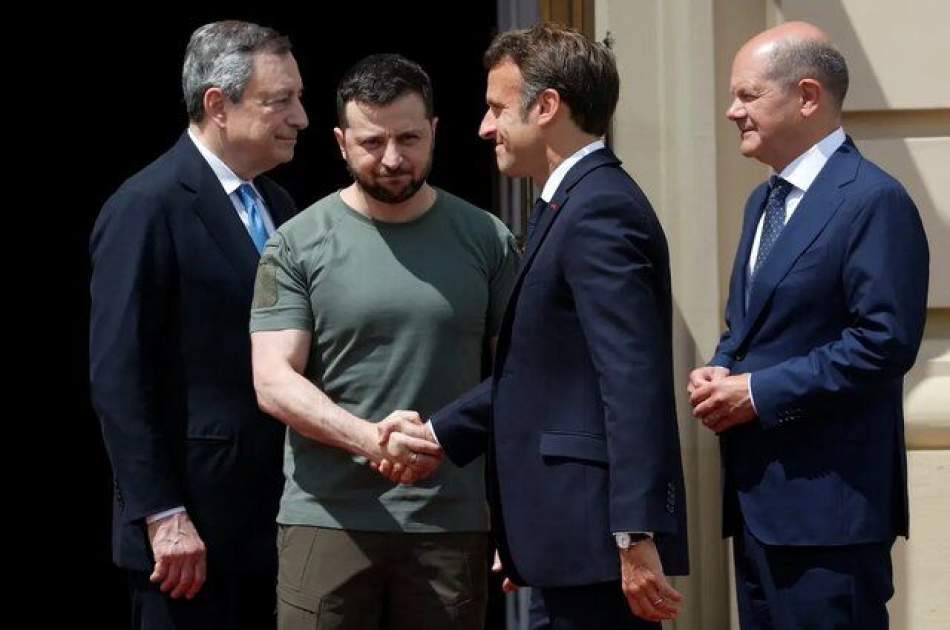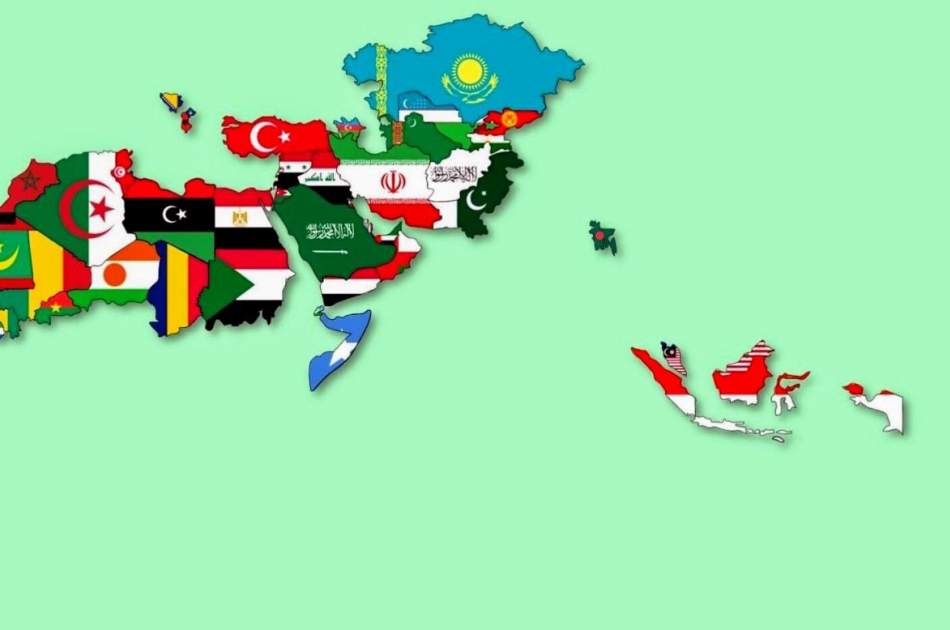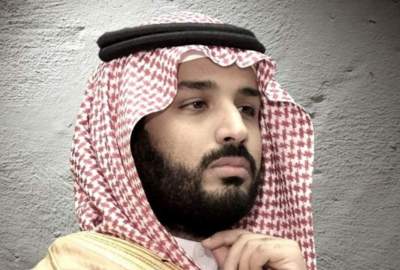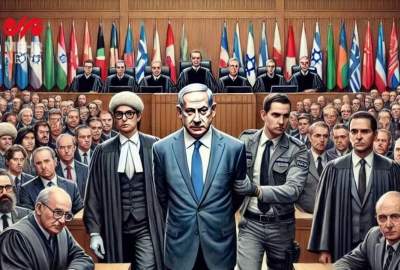Habibullah Danishyar / Recently, there are growing signs that the West's alliance over the war in Ukraine may be broken, as Western leaders increasingly face popular dissatisfaction with rampant inflation and declining living standards.
Publish dateTuesday 21 June 2022 - 11:06
Story Code : 254570
The United States, Britain, and Eastern European countries appear to be firmly committed to the essential line of "Ukraine victory" and to dissuade Kyiv from any peace talks, but at the same time, France, Italy and Germany are hoping for a peace agreement.
Meanwhile, as Russia gains military gains in the east, Ukraine continues to beg its Western allies for more weapons. Western think tanks are now debating how long military aid can last, and there is virtually no talk of Ukraine winning.
When the Russia-Ukraine conflict started, the West's unified response was unprecedented in terms of unity and power. However, four months have passed and Western leaders are increasingly putting pressure on their constituents as the consequences of the conflict, in the form of disruption of Russia's supply chain and sanctions, hit consumers hard.
"The question is, what price are you willing to pay?" Said Helima Kroft, head of global commodity strategy at RBC Capital Markets, summing up the dilemma facing Western governments. This seems to be the focus this summer, as Western leaders seek to balance their desire to support Ukraine with the need to curb inflation and end the recession.
According to him, the governments of continental Europe and many developing countries are willing to seek a compromise that will provide a "golden bridge" to retreat from Putin.
On June 15, the results of a pan-European poll were released, which showed that consensus on the war in Ukraine had begun to weaken. A study by the Council of Europe think tank has revealed growing concerns about the cost of economic sanctions and the threat of escalating nuclear tensions. The poll of 8,000 people in nine EU countries was conducted from April 28 to May 11.
About 35 percent of respondents want an end to the conflict, even if it means territorial concessions to Ukraine, while 22 percent said Russia should be punished for its aggression, even if it means prolonging the war. In addition, a growing number of people are expressing concern that their governments are prioritizing war over more pressing issues, including the cost-of-living crisis.
Many in Europe want the war to end as soon as possible, even if it involves land lose to Kyiv.
According to a poll report by Mark Leonard and Ivan Krastov, they tend to think that the EU will suffer far more from the war than the United States or China. If nothing fundamentally changes, the Europeans will oppose a long war.
Meanwhile, as Russia gains military gains in the east, Ukraine continues to beg its Western allies for more weapons. Western think tanks are now debating how long military aid can last, and there is virtually no talk of Ukraine winning.
When the Russia-Ukraine conflict started, the West's unified response was unprecedented in terms of unity and power. However, four months have passed and Western leaders are increasingly putting pressure on their constituents as the consequences of the conflict, in the form of disruption of Russia's supply chain and sanctions, hit consumers hard.
"The question is, what price are you willing to pay?" Said Helima Kroft, head of global commodity strategy at RBC Capital Markets, summing up the dilemma facing Western governments. This seems to be the focus this summer, as Western leaders seek to balance their desire to support Ukraine with the need to curb inflation and end the recession.
According to him, the governments of continental Europe and many developing countries are willing to seek a compromise that will provide a "golden bridge" to retreat from Putin.
On June 15, the results of a pan-European poll were released, which showed that consensus on the war in Ukraine had begun to weaken. A study by the Council of Europe think tank has revealed growing concerns about the cost of economic sanctions and the threat of escalating nuclear tensions. The poll of 8,000 people in nine EU countries was conducted from April 28 to May 11.
About 35 percent of respondents want an end to the conflict, even if it means territorial concessions to Ukraine, while 22 percent said Russia should be punished for its aggression, even if it means prolonging the war. In addition, a growing number of people are expressing concern that their governments are prioritizing war over more pressing issues, including the cost-of-living crisis.
Many in Europe want the war to end as soon as possible, even if it involves land lose to Kyiv.
According to a poll report by Mark Leonard and Ivan Krastov, they tend to think that the EU will suffer far more from the war than the United States or China. If nothing fundamentally changes, the Europeans will oppose a long war.
Source : خبرگزاری Afghan Voice Agency(AVA)
avapress.net/vdccm0qix2bqpp8.-ya2.html
Tags
Top hits







